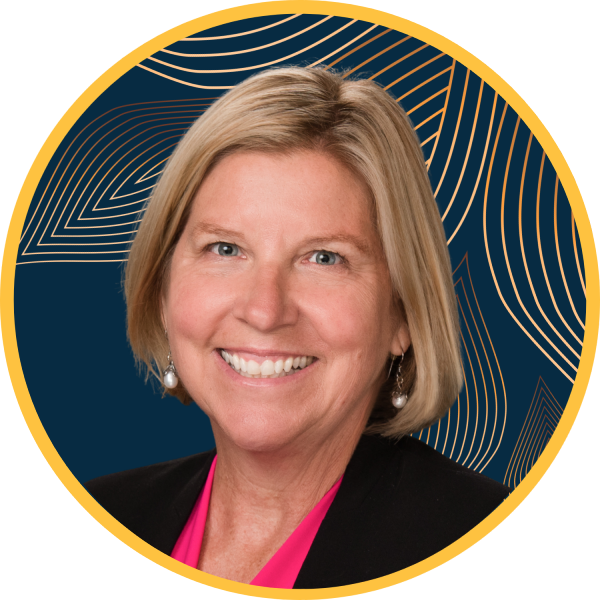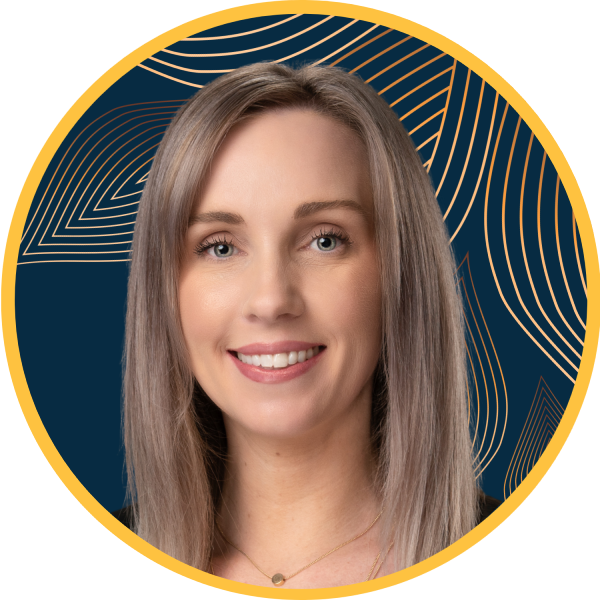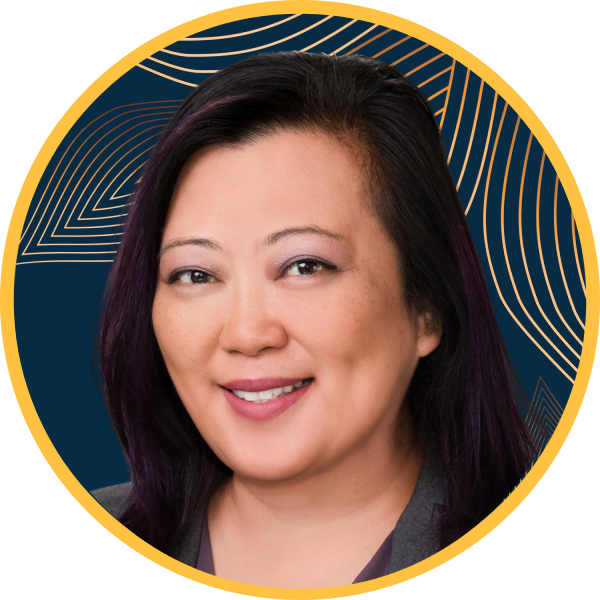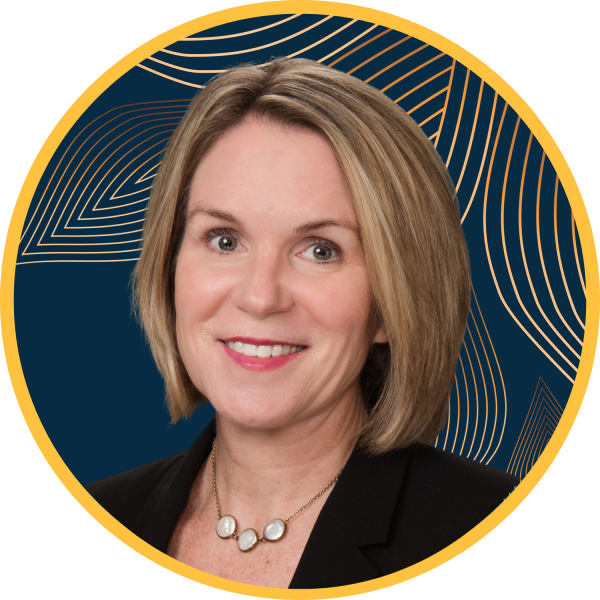
Women have played a pivotal role in shaping policies, expanding access to services, and leading efforts to improve the lives of older Californians, people with disabilities, and caregivers. During Women’s History Month, we recognize the dedicated women at the California Department of Aging whose leadership, innovation, and commitment drive meaningful change across the state. Their expertise and passion ensure that programs and services continue to evolve to meet the needs of our growing and diverse aging population.
Recognition and Heritage Months
 Susan D.
Susan D.
Director
This Women's History Month, I reaffirm my commitment to ensuring that all women in California have access to the resources they need to thrive. Women have long been the backbone of families and communities, and I am dedicated to supporting them at every stage of life—as part of the workforce, as unpaid family caregivers, and as older adults who statistically live longer than men, often with fewer resources because of discriminatory practices in place when older women were working age.
 Nicole S.
Nicole S.
Deputy Director, Division of Administrative Services
What inspires me most is seeing the passion amongst CDA staff and our stakeholders on the many initiatives we implement together. Women have long been at the heart of caregiving—both in families and in our workforce—so it’s especially meaningful to be part of a department dedicated to changing the narrative on aging, dignity, and choice. During Women's History Month, I celebrate the contributions of women who continue to shape this work and make a lasting impact.
 Connie N.
Connie N.
Assistant Director, Office of Communications
Women have always been at the forefront of change, breaking barriers and shaping the future. Leadership is about challenging outdated ideas about aging and disability. I’m inspired by the opportunity to shift perceptions and start conversations where support and inclusion are the standard, not the exception.
 Sarah S.
Sarah S.
Deputy Director, Division of Policy, Research, and Engagement
During Women’s History Month, I reflect on the countless women who have shaped policies, provided care, and advocated for aging with respect and inclusion. Every day, I am inspired to work at the Department of Aging on behalf of California’s growing and diverse population of older adults, people with disabilities and caregivers who contribute so much to our society and deserve to age with dignity. I am honored to collaborate with incredible partners throughout the state, all of whom are eager to advance the Master Plan for Aging and make a difference in the lives of those we serve.